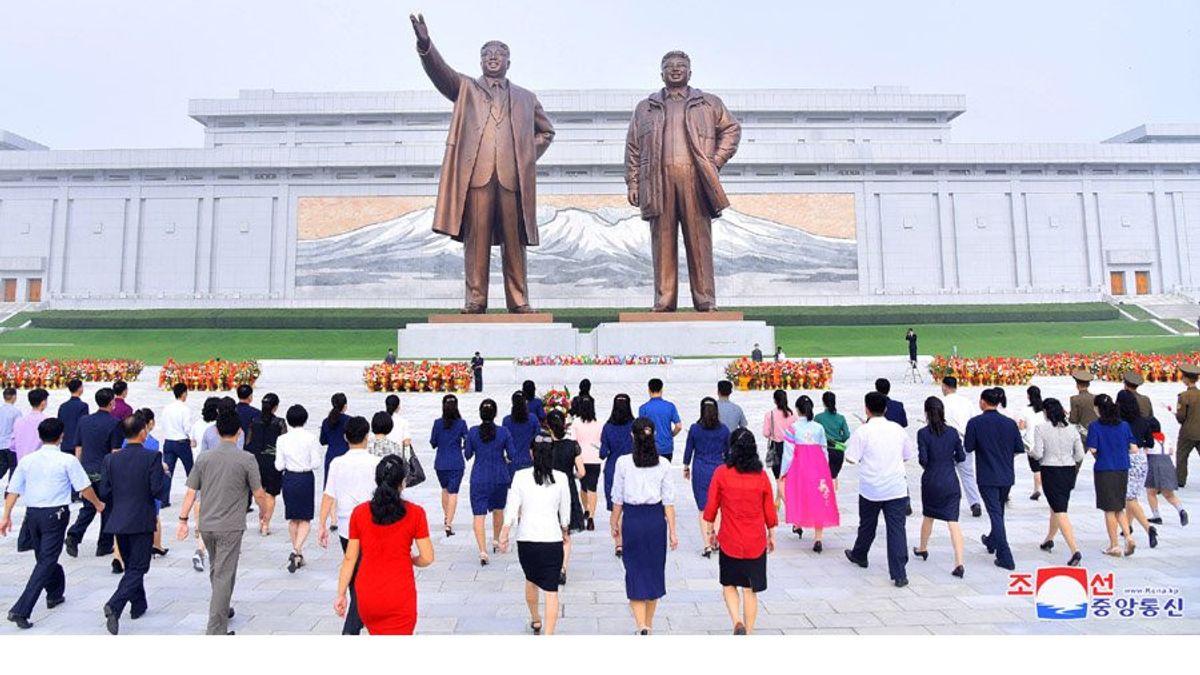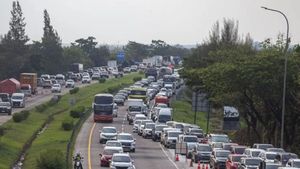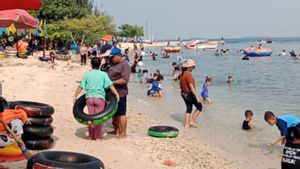JAKARTA - Nearly 46 percent of North Koreans are malnourished, according to a recent UN report, as the country grapples with severe food insecurity driven by rising geopolitical tensions and increasing climate variability.
In a report submitted to the UN Human Rights Council, UN special rapporteur for human rights North Korea Elizabeth Salmon said from 2020 to 2022, the prevalence of malnutrition in North Korea reached 45.5 percent. During this period, it is estimated that 11.8 million people in the country suffer from malnutrition.
The United Nations defines malnutrition as a habit of consuming food that is "insufficient to provide the level of food energy needed to maintain a normal, active, and healthy life."
"The state (DPRK) is facing chronic food insecurity due to old infrastructure, gaps in capacity in technology and skills, natural disasters, and lack of investment in overcoming these problems," Salmon said, citing data from the Food and Agriculture Organization (FAO), reported by The Korea Times March 19.
It is known, the DPRK stands for North Korea's official name Democratic People's Republic of Korea.
The report also noted that the North Korean government appears to have changed its approach, away from accommodating local market "jangmadang" which the public has been relying on to address food shortages and daily necessities.
On the other hand, the government reiterated control of food distribution by limiting private commercial activities and establishing a monopoly on the sale of staples such as rice and corn, which are now available exclusively in state-owned stores.
The UN report also highlighted North Korea facing significant challenges related to inadequate hygiene and sanitation.
Meanwhile, the World Health Organization (WHO) lists the DPRK as one of 30 countries with a high burden of tuberculosis in 2023.
There have been several reports warning of an increase in tuberculosis related to severe malnutrition and exposure to cold weather.
Although the national immunization rate exceeded 96 percent before the COVID-19 pandemic, this figure has fallen to below 42 percent by mid-2021.
"In 2022, no children will be vaccinated against major diseases, including tuberculosis, and no pregnant women will receive immunizations against tetanus and diphtheria. Most of the children born in 2023 are still waiting for the necessary vaccinations," Salmon said.
In September 2024, North Korea, with the support of the United Nations Children's Fund (UNICEF), launched a national campaign to vaccinate more than 800,000 children and 120,000 pregnant women. This follow-up vaccination initiative follows disruptions caused by the pandemic.
In North Korea, 52 percent of households rely on inadequate sanitation facilities, and unsafe waste disposal from a decent sanitation system contributes to the spread of diarrhea, which further exacerbates malnutrition.
SEE ALSO:
"The resources available for the development and realization of economic, social and cultural rights could be significantly influenced by state policies on extreme militarization, nuclearization, and related sanctions, limited partnerships, and lack of international cooperation," Salmon explained.
In the second half of 2024, international diplomatic staff from several embassies, including Cuba, India, Poland, and Sweden, could return to Pyongyang and continue operations.
However, workers from the United Nations and humanitarian organizations and development cannot return to the closed country, thus blocking UN aid and an independent assessment of the humanitarian situation.
The English, Chinese, Japanese, Arabic, and French versions are automatically generated by the AI. So there may still be inaccuracies in translating, please always see Indonesian as our main language. (system supported by DigitalSiber.id)
















